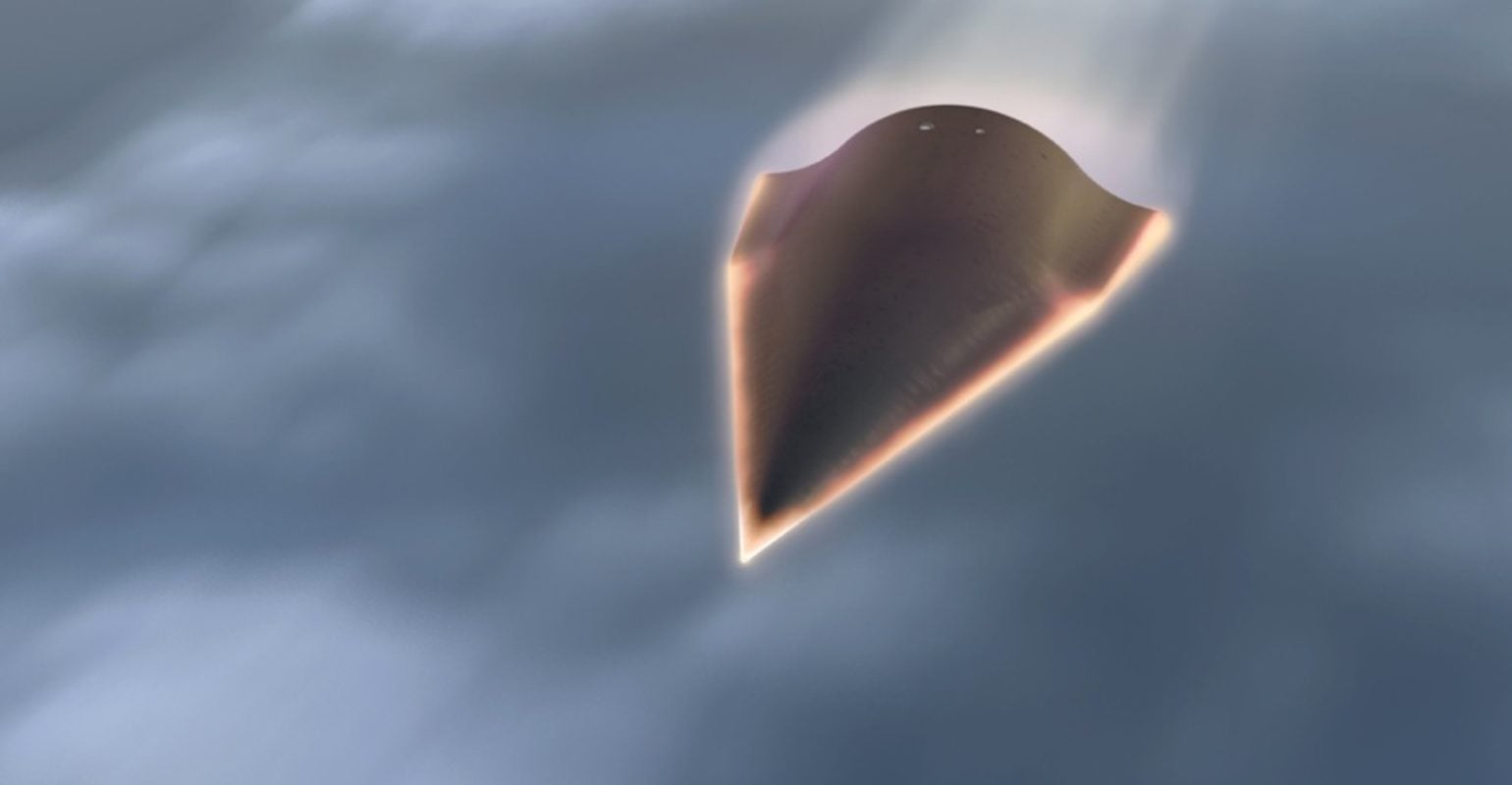WASHINGTON — The Air Force has cancelled the Hypersonic Conventional Strike Weapon program, one of the two major hypersonic weapons being spearheaded by the service.
While the development is a blow to Lockheed Martin, which was developing HCSW, it’s other hypersonic weapons program with the Air Force — the Air-Launched Rapid Response Weapon — will proceed, Air Force spokeswoman Ann Stefanek confirmed on Feb. 10.
Because of budget pressures, the Air Force was forced to choose between funding HCSW and ARRW in FY21, and opted to keep ARRW due to it being a more “unique glide body design" compared with HCSW, which was similar to hypersonic weapons under development by other services, Stefanek said. ARRW is on track for a early operational capability in FY22.
Click here for more from the FY21 budget.
“We will continue to work collaboratively with our sister services to see how we can most effectively leverage each other’s capabilities, ensuring the most prudent use of taxpayer dollars,” she said in an emailed statement.
Lockheed was notified on Monday that its work on HCSW will conclude after a critical design review this spring. The program’s cancellation was not due to poor performance, Stefanek added.
“The HCSW team pioneered significant advancements in hypersonic technology development and integration of existing, mature technologies for use in various hypersonic efforts across the Department of Defense, including Army, Navy, and Missile Defense Agency programs," she said. "The HCSW team successfully met all developmental milestones. These advancements will serve to expedite the generation and demonstration of various hypersonic weapon capabilities in the near future.”
In total, the Air Force hopes to invest $382 million on hypersonic prototyping in FY21, down from $576 in FY20.
The Air Force initially envisioned HCSW as a long-range stand-off missile capable of being launched from an aircraft and traveling faster than speeds of Mach 5.
Lockheed in 2018 won the HCSW contract, which had a value of up to $918 million and covered “design, development, engineering, systems integration, test, logistics planning, and aircraft integration support.” Then the company selected Aerojet Rocketdyne in 2019 to provide the solid-fuel rocket motor.
Valerie Insinna is Defense News' air warfare reporter. She previously worked the Navy/congressional beats for Defense Daily, which followed almost three years as a staff writer for National Defense Magazine. Prior to that, she worked as an editorial assistant for the Tokyo Shimbun’s Washington bureau.





